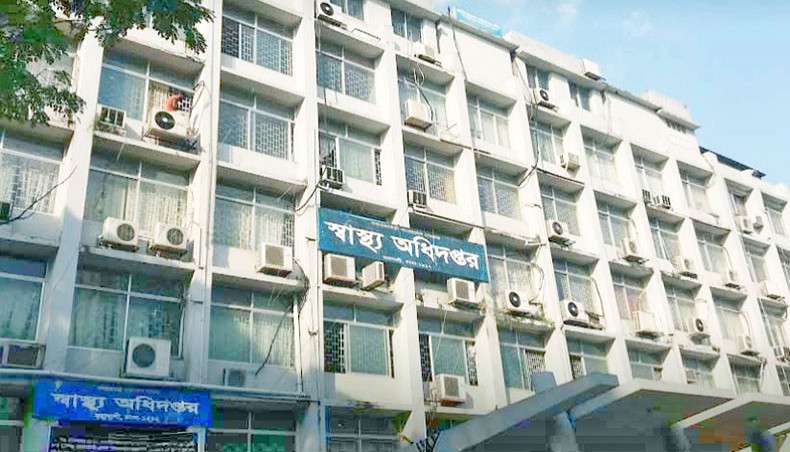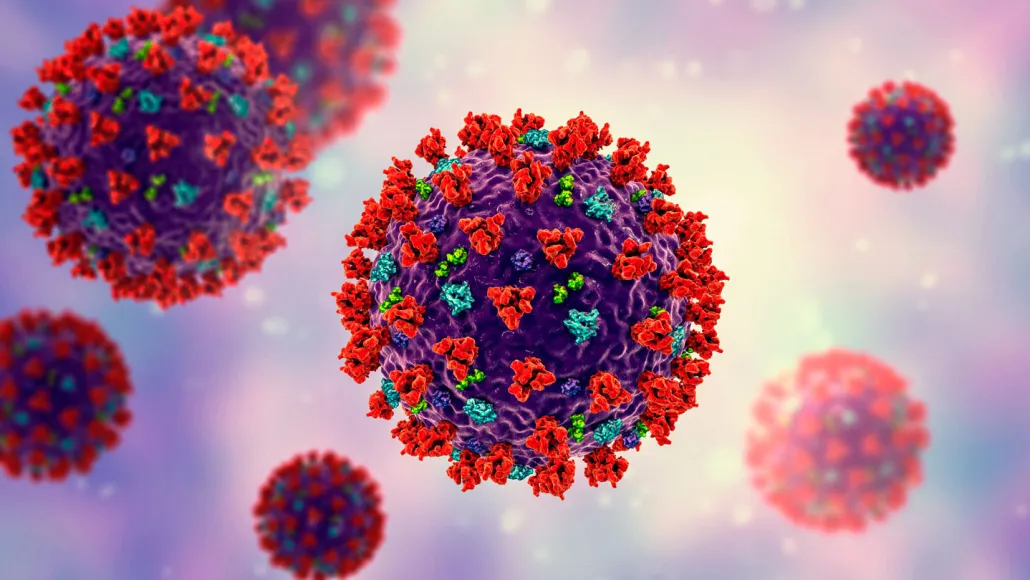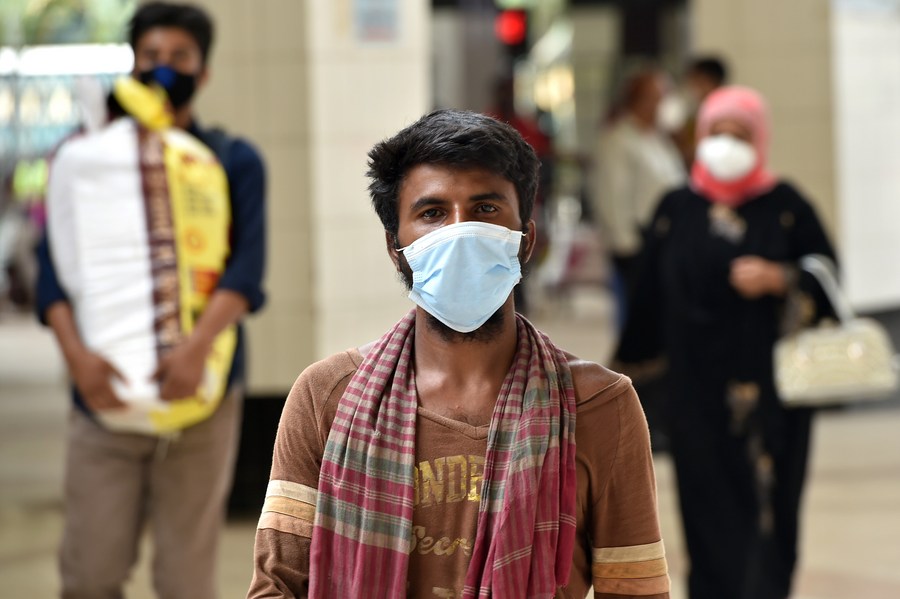HEALTH seems to be too important an issue to be left with the Health Services Division and relevant agencies. We have the Health Engineering Department and the Directorate General of Drug Administration in addition to the Directorate General of Health Services, with eight core directors and myriads of line directors. The ineptness of some of the offices surfaces now amidst the nightmarish Covid outbreak. Other directorates are fortunate. They do not usually come under popular scanner as they do not come in direct touch with people.
Where things may go wrong
IT WILL be naïve to believe that the construction window is a saintly outfit. Construction is known to have been laced with the stigma of unholy dealings. Many tricks are at play that hoodwink unsuspecting clients or beneficiaries of the work who are not expert enough to judge the quality of construction and to realise where the things might go wrong. In construction, an unholy coalition develops easily and fast among the local power base — indirect clients or beneficiaries, direct clients or their representatives and construction companies.
The Directorate General of Drug Administration is an industry-related agency. It approves, licenses and registers drug production, and import and export, including vaccines and diagnostic devices. The untrustworthiness of the department is not difficult for experts to fathom. Giving a licence to a nameless organisation to import, provide or export medical products can easily point to what went wrong. But weathering pressure from ranking positions to favour certain manufacturers and thwarting undue pressure may be too much to bear.
In recent times, Covid-19 inflicted heavy casualties on the Central Medical Stores Depot, not by way of infection but by revealing the status of the agency. The procurement of the Directorate General of Health Services undertaken by the Central Medical Stores Depot is governed the Public Procurement Act 2006 and the Public Procurement Rules 2008.
The requiring office first places a request to the procuring agency — the Health Engineering Department, the Directorate General of Drug Administration or the Central Medical Stores Depot — mentioning the type, volume or quantity and specification of the work, services or goods to be procured. The procuring agency might further brush up the specification. A purchase committee with representation from the ministry, the Directorate General of Health Services, the requesting office and relevant specialists finalise the procurement list. A tender committee then invites prospective bidders or suppliers either for their expression of interest to bid, mentioning their qualifications, which leads to the preparation of a list of eligible bidders, or directly requests the bidders or tenderers to submit bids in accordance with a request for proposal document developed by the tender committee.
An evaluation committee then finalises the bidder, based on the process given in the request for proposal, including offered specifications and prices that are compared with market prices of the goods and recommends which supplier or bidder should be given a work order for the supply of the required goods. An acceptance committee then reviews the supplied goods based on the offered specification and recommends the acceptance of the supplied goods. A price negotiation may take place between the procuring entity and the supplier to adjust the offered prices to those on the market. Members of all the committees are supposed to be independent of each other so that one committee cannot influence the next-level committee.
Despite all this so called fool-proof measures, the purchaser is fooled not so infrequently. Why? Ill motives creep in from the very first step when the requesting office tries to favour a certain supplier or producer and develops the specification of its requested goods to suit a preferred supplier. Then, the members or the most influencing member of different committees may try to influence the other members. The pressure from further ranking position cannot be ruled out. Why people bow to pressure from the high level? Obviously, to save their present or future positions. It is tough to be tough in the face of greed that may look too big to avoid for some.
Instances of misprocurement
THE memory of the misprocurement of N-95 masks from JMI Hospital Requisite Manufacturing Ltd is fresh on our mind, whatever JMI explanation is. But what people knew hardly is the poor quality of the SARS-CoV-2 sample collection equipment by the same suppliers in the beginning. Suppliers were selected without keeping to the due processes, eg the formation of the committees, and were paid without the goods having been received.















